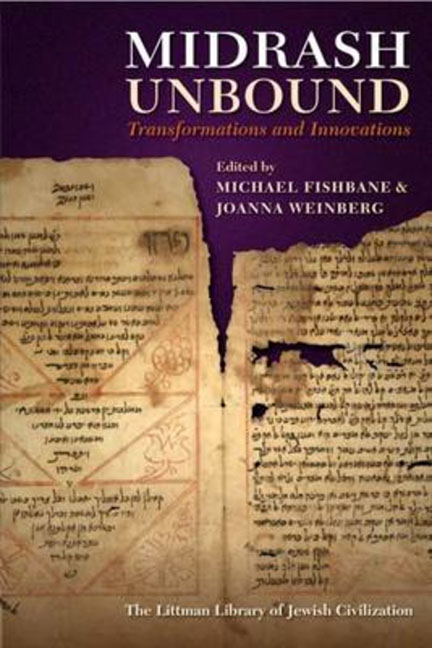3 - Unwashed Hands: A Midrashic Controversy in the Gospel of Matthew
Summary
OVER THE LAST FEW DECADES scholars interested in the Jewish context of early Christianity have turned to rabbinic literature for treatment of motif and genre in New Testament narratives. Underlying this literary choice is the idea that Christianity originated within early Judaism and developed as one of its branches. Such an approach puts paid to reading the New Testament as a competitive confrontation of the historical Jesus and his followers with the rabbinic establishment in an effort to prove the pre-eminence and superiority of the Christian message, the hallmark of Strack-Billerbeck's impressive compilation of rabbinic parallels to the New Testament.
One of the literary devices figuring prominently in the discussion of the interdependence or intertextuality between rabbinic literature and the New Testament is the genre of Midrash. In their search for the Jewish roots of Jesus and early Christianity, New Testament scholars are tempted to discover a midrashic background in narratives such as the infancy stories and the parables in the Synoptic Gospels. Occasionally a whole gospel is regarded as a midrash.
This chapter does not intend to give a detailed overview of the various shapes and forms of Midrash in all its complexity and, by doing so, to show the inaccurate ways in which this rabbinic genre is often applied to New Testament writings, when classifying the creative interpretation of biblical motifs and the mise en scène of Old Testament texts in a christological guise as early Christian Midrash. Here it will suffice to refer to the essence of Midrash and an all-inclusive definition, that ‘midrash springs from Scripture and is reanchored in Scripture. Between those poles of authority the sage mediates his message.’ It is this fundamental structure of ‘biblical text—interpretation—biblical proof-text’, which through intertextual association, often regulated by hermeneutical rules, gives the biblical text a renewed or altered meaning. According to this definition the reproductions of Old Testament motifs and scenes in the New Testament, creative though they may be, are to be excluded from the genre Midrash. New Testament writings are jam-packed with motifs and vocabulary derived from the Hebrew Bible. However, the occurrence of such source material without an explicit interaction between biblical text and prooftext, which legitimizes its particular, new meaning, is an insufficient criterion for applying the term Midrash to a New Testament text.
- Type
- Chapter
- Information
- Midrash UnboundTransformations and Innovations, pp. 41 - 56Publisher: Liverpool University PressPrint publication year: 2013



